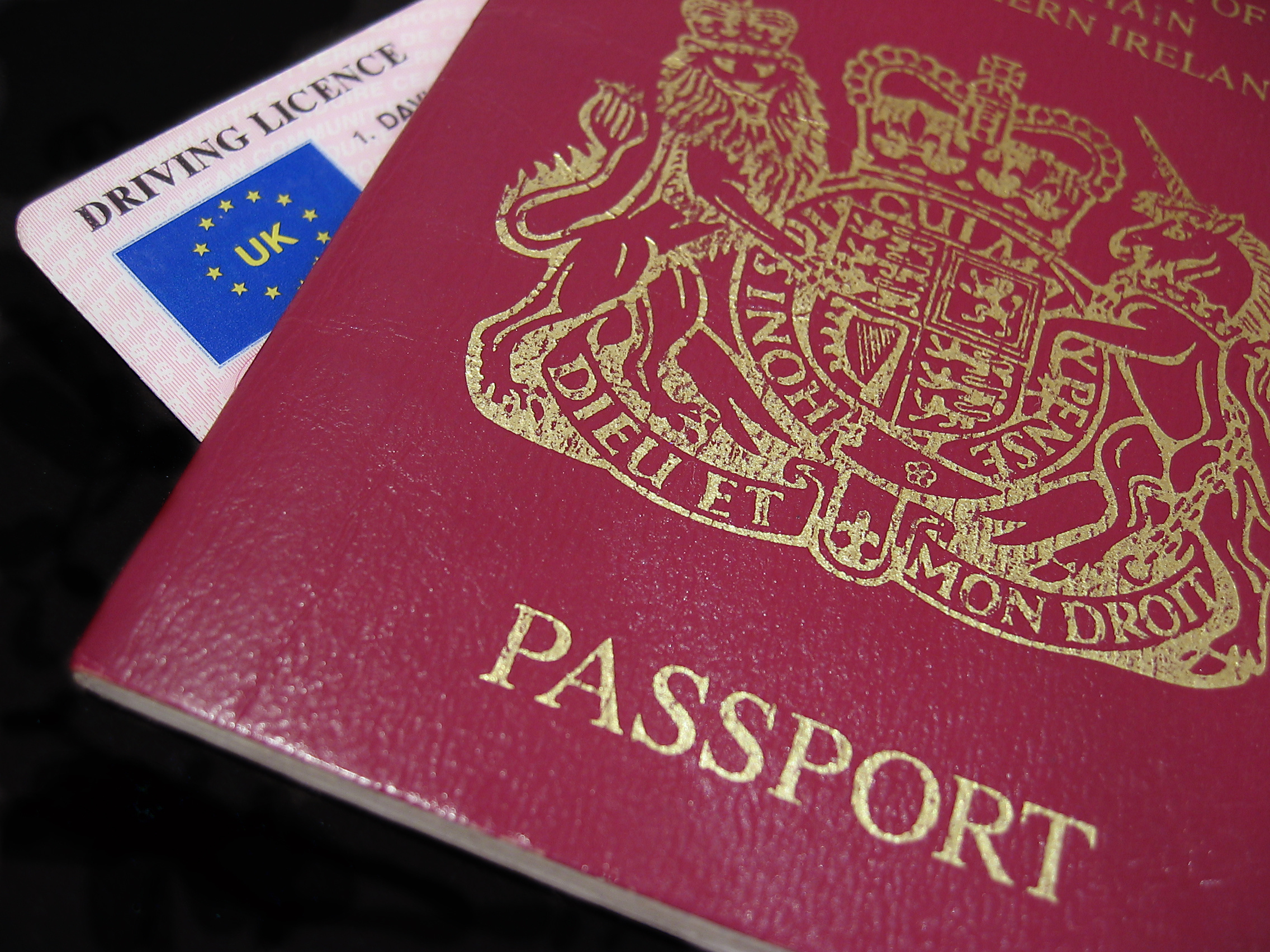
The UK government is planning amendments to the Companies Act 2006 to enforce stricter identity verification protocols (when registering a business with Companies House) for individuals involved in forming, managing, or controlling companies. These changes are designed to combat money laundering and the use of fraudulent identities. A draft Statutory Instrument, known as the Registrar (Identity Verification and Authorised Corporate Service Providers) Regulations, was submitted to Parliament in May, introducing new measures under the Companies Act 2006 concerning identity verification and the role of authorised corporate service providers (ACSPs).
The Companies Act 2006, updated by the Economic Crime and Corporate Transparency Act 2023, will soon require individuals associated with companies to confirm their identities. The specifics of what constitutes verified identity are outlined in Section 1110A(1) of the 2006 Act.
According to the proposed statutory instrument, individuals can verify their identity either through the registrar of companies or via an ACSP. Once the identity is confirmed, a unique identifier will be issued to each individual.
Background
These amendments to the 2006 Act mean that anyone involved in setting up or running a company must have their identity verified. Section 167M of the Act prevents individuals from serving as company directors without verified identities.
Section 790LQ mandates that persons with significant control (PSCs) over a company must maintain verified identity status throughout their tenure.
Individuals can verify their identity directly with the Registrar or through an ACSP, with these requirements aimed at enhancing the accuracy of the information on the companies register and preventing the use of fake or stolen identities in corporate activities.
Previously, there were no mandatory identity verification requirements for directors, PSCs, or those filing documents with the registrar. This lack of verification made the registration system susceptible to abuse, allowing false registration of individuals as directors and the creation of fictitious identities. Additionally, there were no limitations on third parties forming companies or filing documents on behalf of others. Although most third parties are legitimate, they were at risk of being exploited for money laundering.
Following the 2023 Act, all directors, PSCs, and those filing documents with the Registrar must verify their identity, excluding employees of ACSPs or those covered by separate regulations. Agents must register as ACSPs with the Registrar and comply with UK anti-money laundering supervision.
The statutory instrument outlines the process for identity verification or re-verification, whether by the Registrar or an ACSP. The procedure requires specific information in the application and gives the Registrar the power to request additional details as needed to stay current with evolving technology and identity verification methods. Draft Identity Rules have been introduced, detailing measures effective from 4 March 2024 and future planned changes.
Future Steps for Companies House
In addition to these draft rules, Companies House will issue further, non-statutory guidance to help ACSPs carry out successful identity verification.
The Institute of Chartered Accountants in England and Wales (ICAEW) is set to work with Companies House and the Department for Business and Trade to develop more detailed guidance for chartered accountants who conduct verification for clients or consider becoming ACSPs.
Due to the suspension of Parliament and the upcoming election, the exact timeline for implementing these new verification measures is uncertain. Companies House aims to have these measures fully in place by early 2025, with more information expected after the election and Parliament’s return.
All information in this article should be considered general and not taken as direct advice from the K2 Accountancy Group. For advice relating to your specific business or personal finance needs, please contact us directly. For more information on registering your business, contact Companies House.
Latest Articles
Autumn 2025 BudgetUpcoming Changes to UK Audit Regulations: What You Now Need to KnowEU Implements New Digital Measures for VAT Compliance. Growing Pains Ahead?International Trade Week Presents New Opportunities and Training for BusinessesBudget 2024 Summary: Key Tax Changes and Challenges for Businesses and Individuals
